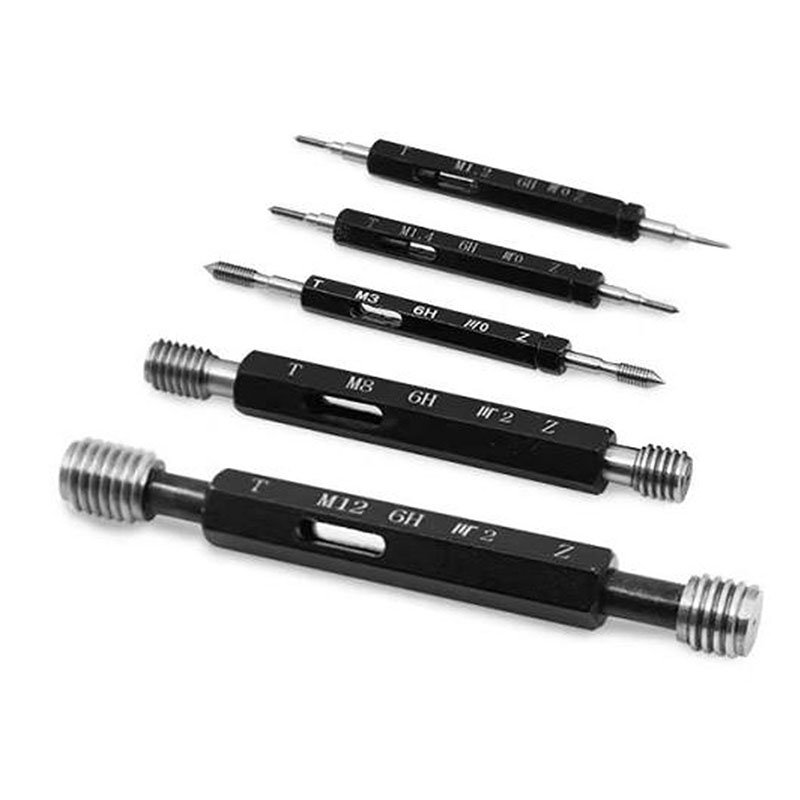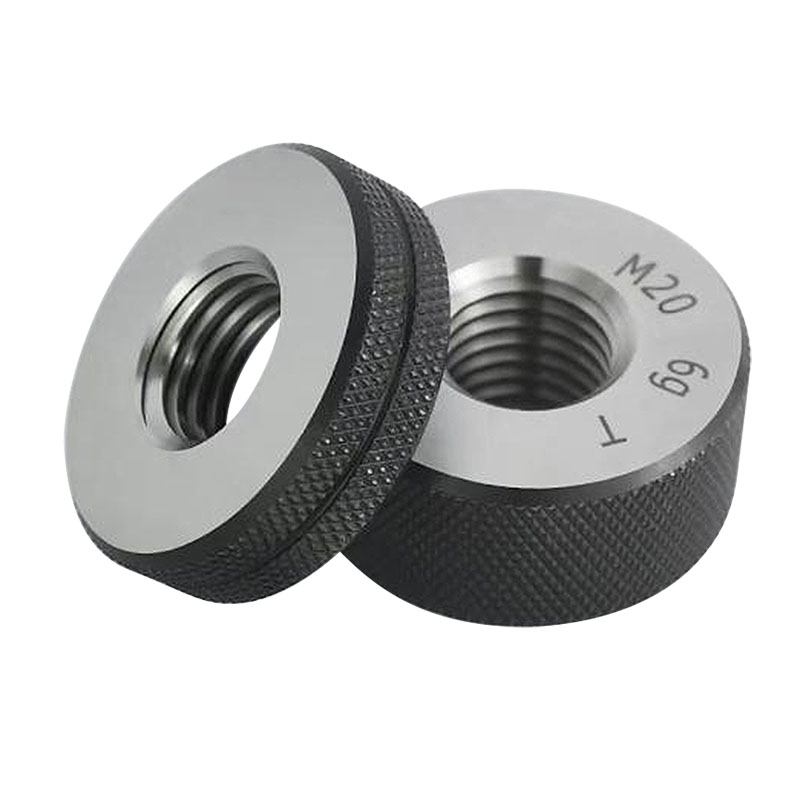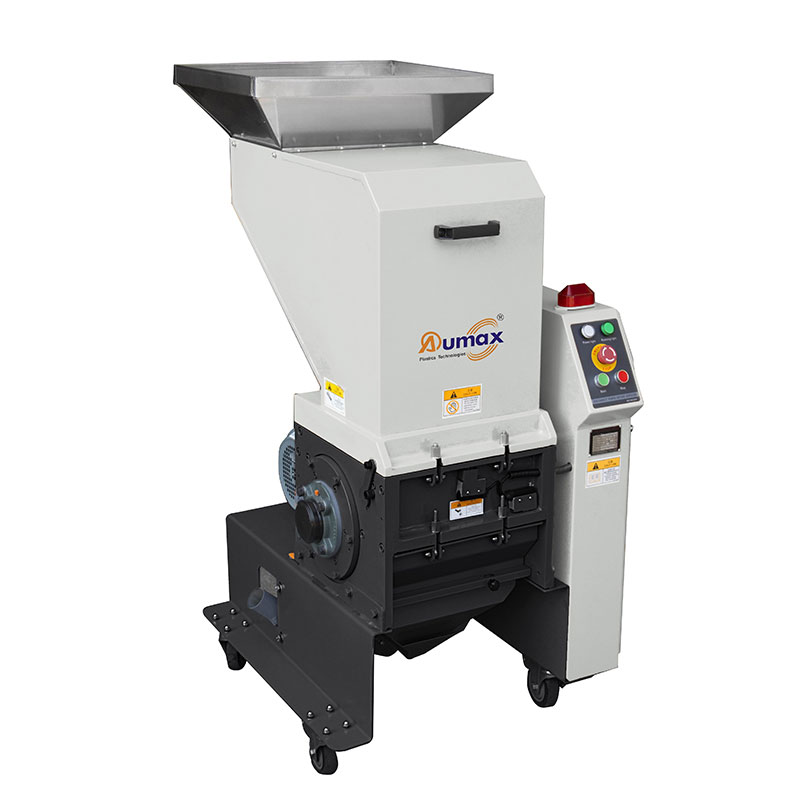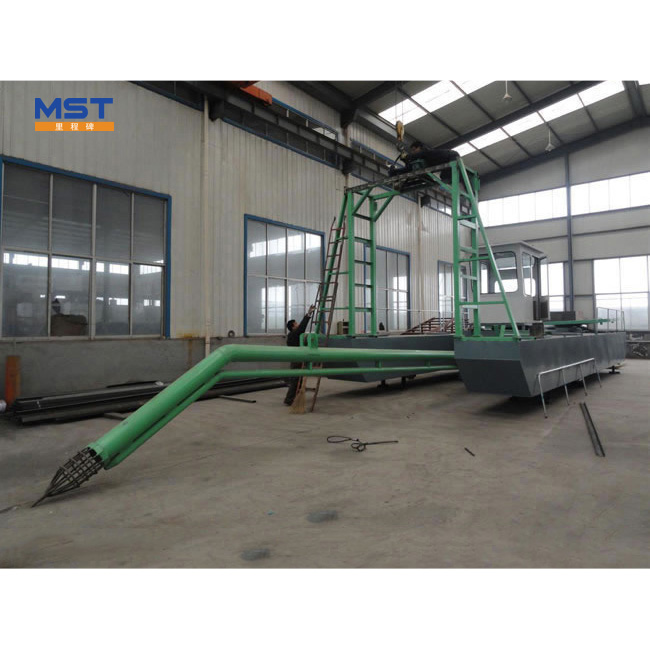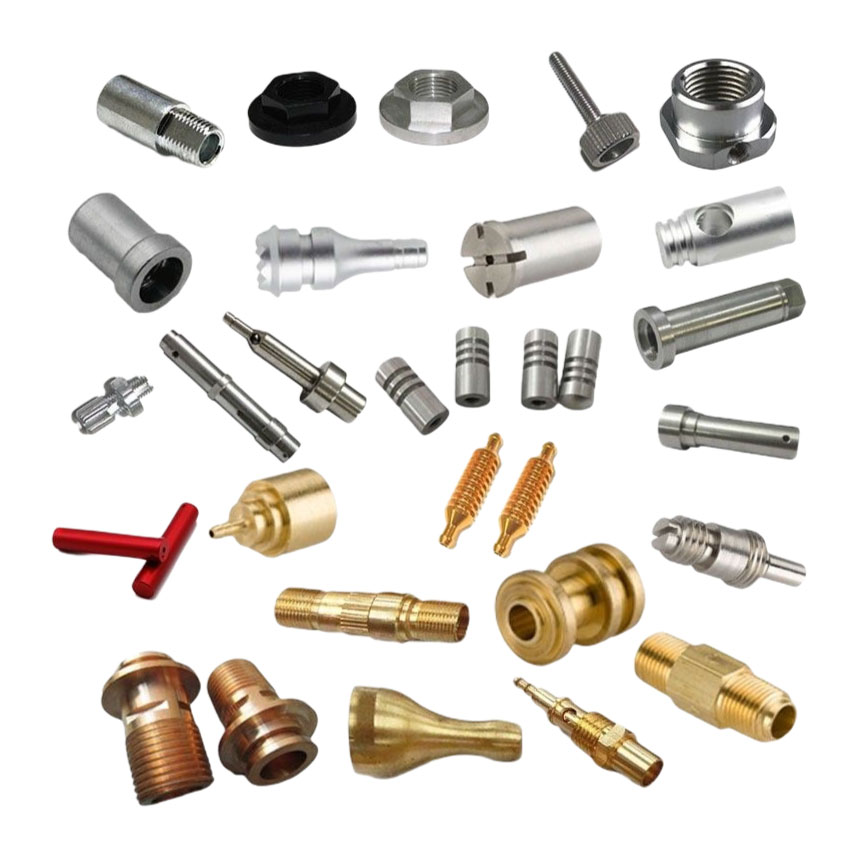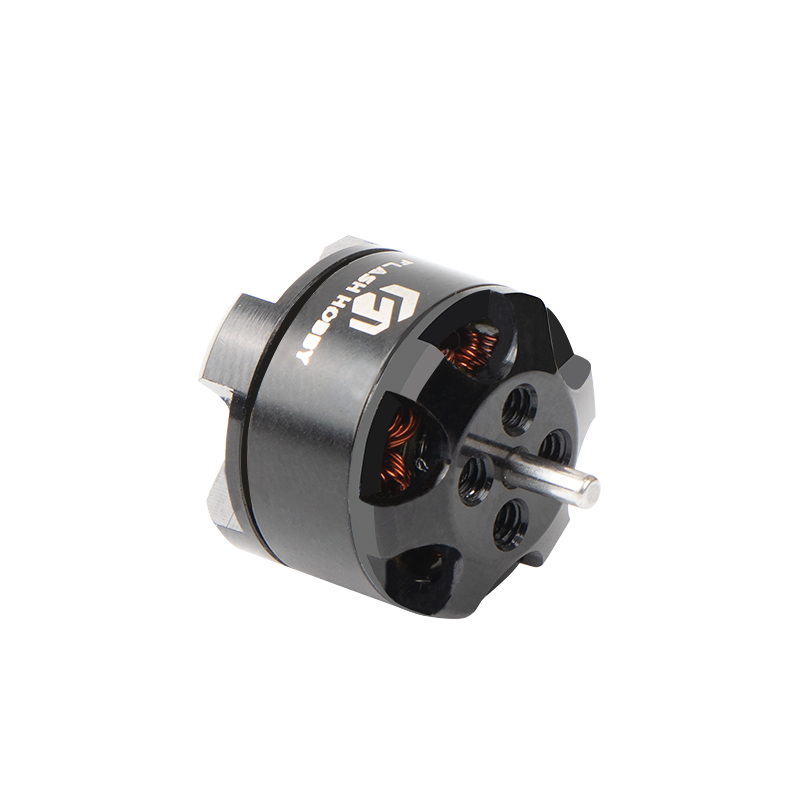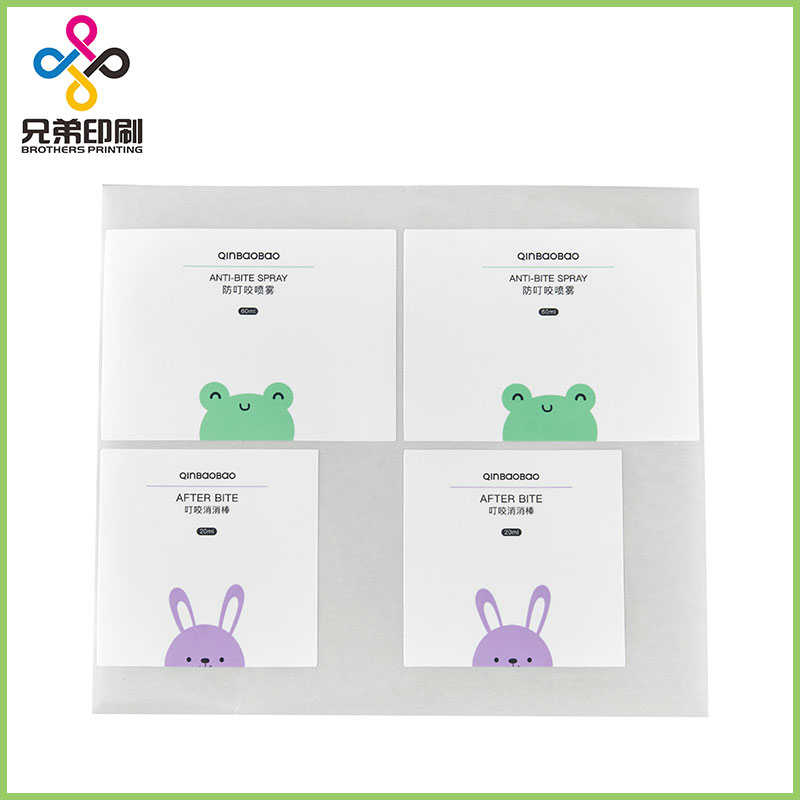Thread Gauges
Thread gauges, also known as screw thread gauges or pitch gauges, are precision tools used for measuring and verifying the characteristics of screw threads, including pitch, diameter, and thread form. These gauges are essential in manufacturing, quality control, and maintenance applications to ensur......
Send Inquiry
Product Description
Thread gauges, also known as screw thread gauges or pitch gauges, are precision tools used for measuring and verifying the characteristics of screw threads, including pitch, diameter, and thread form. These gauges are essential in manufacturing, quality control, and maintenance applications to ensure that threaded components and fasteners meet specified standards and tolerances. Here are some key aspects of thread gauges:
1. Purpose: Thread gauges are used to check and verify the size and quality of screw threads on fasteners, components, and threaded holes. They help ensure that threads fit together correctly and securely.
2. Thread Parameters Measured:
- Pitch (Thread Count): Thread gauges are used to measure the pitch or thread count, which refers to the number of threads per unit of length. The pitch is crucial for ensuring that threaded parts can engage and mate properly.
- Thread Diameter: Thread gauges measure the diameter of the threaded portion of the fastener or hole, which is important for thread compatibility.
- Thread Form: They check the profile and shape of the thread to ensure it conforms to specific standards, such as ISO, ANSI, or DIN.
3. Types of Thread Gauges:
- Thread Plug Gauges: These gauges have an external thread profile and are used to check the threads on a male (external) threaded part.
- Thread Ring Gauges: These gauges have an internal thread profile and are used to check the threads on a female (internal) threaded part.
- Go and No-Go Gauges: Thread gauges are often provided in pairs: a "go" gauge to check if the thread is within acceptable tolerance limits and a "no-go" gauge to check if the thread is outside acceptable limits. Both gauges must pass for the thread to be considered acceptable.
- Thread Setting Plugs: These gauges are used to set the depth or position of a threaded hole accurately.
4. Thread Standards: Thread gauges are manufactured according to various thread standards, such as ISO metric threads, Unified Thread Standard (UTS), National Pipe Thread (NPT), British Standard Whitworth (BSW), and others. The choice of gauge depends on the specific thread standard being used.
5. Material: Thread gauges are typically made from high-quality tool steel or other hardened materials to ensure accuracy and durability.
6. Calibration: Thread gauges require periodic calibration to maintain accuracy. Calibration involves checking the gauge against a known reference to verify its correctness.
7. Maintenance: Proper care and handling are essential to maintain the accuracy and longevity of thread gauges. They should be stored in a protective case and handled with care to avoid damage to the delicate threads.
8. Applications: Thread gauges are used in industries such as manufacturing, aerospace, automotive, plumbing, and construction, where threaded connections are critical for safety and performance.
9. Quality Control: Thread gauges play a crucial role in quality control processes, ensuring that threaded components meet required specifications and standards.
10. Thread Repair: Thread gauges are used to assess the condition of damaged threads and determine the appropriate thread repair methods.
Thread gauges are essential tools in industries where precision and reliability in threaded connections are paramount. They help prevent issues like thread mismatch, insufficient engagement, or thread stripping, which can lead to equipment failure, safety hazards, or costly repairs.
